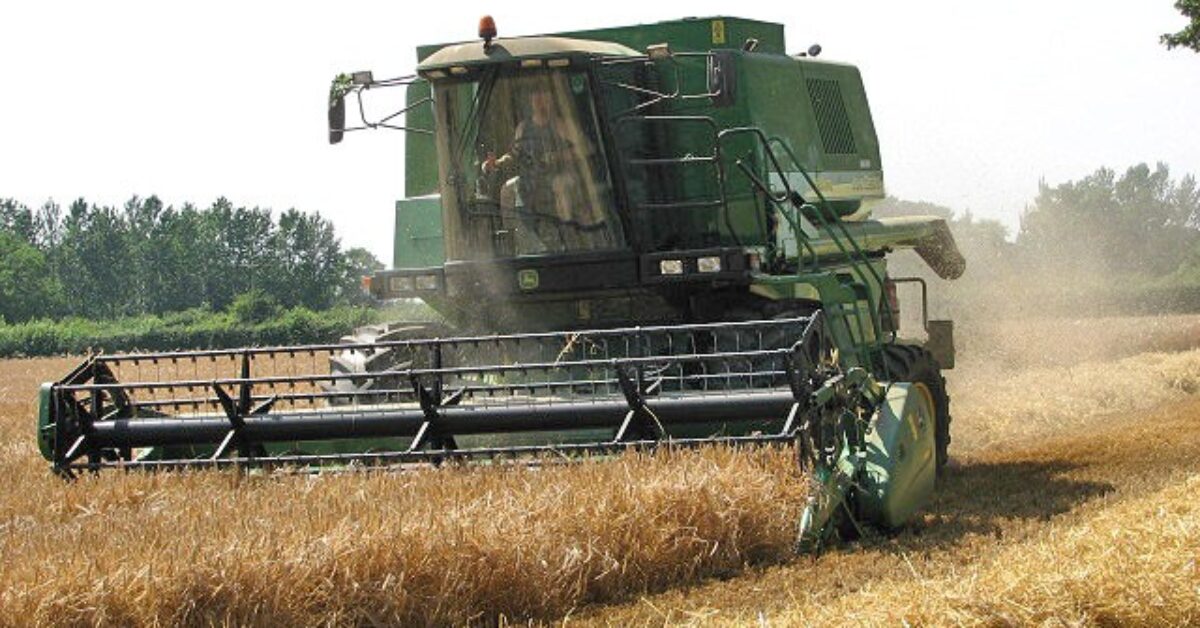Hark, the Voice of Jesus Calling: Collaborative Staffing for a Joint Adult Catechumenate
This week’s blog expands on two points Kent made last week:
- the need for two or more pastors from different congregations to band together to envision a joint adult catechumenate; and
- the need for lay volunteers to move such a joint venture from vision to reality.
I make one assumption, namely, that most “compact congregations” have one pastor and no “second chair” paid staff (in LCMS jargon, no commissioned minister on staff). As I mulled over this topic, the words of the hymn, Hark, the Voice of Jesus Calling (Lutheran Worship, #318) kept floating through my head. Click here if you’d like an instrumental version of the tune playing as your read the rest of the post.
Stanza One: A group of pastors in the visioning process
The grammar of stanza one implies my assumption: that pastors of compact congregations have harkened to “the voice of Jesus calling, ‘Who will go and work today?’ Field are white and harvest waiting, Who will bear the sheaves away?” And each has answered “gladly saying, ‘Here am I. Send me, send me.’” (Note use of first person single in the response). These faithful servants toil as the sole pastor of a congregation. To explore starting a joint adult faith formation process with neighboring pastors can be both daunting, yet has “rich reward [that Christ] offers free.”
As a pastor’s wife, I can vividly recall the burdens my husband shouldered when he was a solo pastor in rural Iowa; and I remember well the joy he discovered in a local lectionary group that met weekly. The task of textual study brought them together, but the mutual support they all experienced was also a “rich reward.” To come together with pastoral colleagues to envision ways of beginning an adult catechumenate has similar potential to provide support for one another and to think creatively about collaborate ministry in smaller congregations—there are rich rewards to be discovered. Such an endeavor calls for intentional prayer by the group as they engage in a visioning process over several weeks or months. Resources about adult faith formation might be divided among the members, with each person providing a summary and review to the group for discussion and brainstorming.
Stanza Two and Three: Identifying lay volunteers
Both these stanza begin “If you cannot …” and continue later with “You can tell/say/lead/do …” Last week Kent wrote, “It would be beneficial to have one pastor, ministerial, and/or lay coordinator [to] plan and organize the catechumenate across the congregations.” The planning (after the visioning process is done) ought be done by the pastoral leaders; but once there’s agreement on a schedule and timeline for the four stages and structure for the weekly gatherings, the identification of lay leaders begins. These are some roles to which Jesus may be calling lay people from your congregations:
- Logistical Coordinator for the adult formation process: Think about that person with excellent organizational skills who knows how to attend to planning details and who is comfortable with basic tech skills (emails, texting, etc.) to keep others informed with regular updates and reminders. Ideally this person would also be a skilled writer to handle informational materials for bulletins, websites, etc. Or the writing and logistics duties could be split into two positions.
- Hospitality teams: Two or three people from each congregation would be ideal to share the responsibilities. These folks would be in charge of the meal or light refreshments served at the weekly catechumenal gatherings; each team would decide on the menu and purchase, prepare, and serve the food on their scheduled week. Each host church would have a person designated to open the building, help in the kitchen, and oversee the clean-up.
- Catechists and mentors for the “seekers” going through the catechumenal process: These folks need to be people of mature faith with good people skills, able to listen with empathy, not be quick to judge, and be comfortable praying with and for others. Much more could be said about these roles, but there are many resources available that describe the qualities needed.
In each of these roles, the laity function in a supporting role, using God-given gifts to serve “like faithful Aaron, holding up the prophet’s hands.” I, too, as Kent wrote last week, believe that such collaborative efforts are needed to develop catechumenates among compact congregations. We’d love to hear your ideas by contacting us at Kent@FormingLutherans.org or Rhoda@FormingLutherans.org.
+++++++
Photo by Evelyn Simak
Barley harvest at Tower Farm, Norfolk, England
July 2008 https://commons.wikimedia.org/w/index.php?curid=13577723
